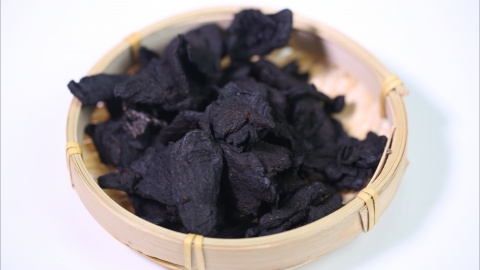Can someone with "Big Three Yang" take Rehmannia glutinosa (prepared)?
The term "Big Three Positive" refers to a state of chronic hepatitis B virus infection, in which hepatitis B surface antigen, hepatitis B e-antigen, and hepatitis B core IgM antibody are simultaneously present in the patient's blood. Generally, when patients with "Big Three Positive" exhibit symptoms of liver and kidney yin deficiency, they may take prepared rehmannia root (Shu Di Huang) following medical advice. However, it is not recommended for those with excessive internal damp-heat or spleen-stomach weakness. If any abnormalities occur, prompt medical attention is advised. Detailed analysis is as follows:

When patients with "Big Three Positive" develop symptoms of liver and kidney yin deficiency, such as dry mouth and throat, soreness and weakness in the lower back and knees, dizziness, and tinnitus, the effect of prepared rehmannia root in nourishing yin and replenishing the kidneys can help alleviate these discomforts. Appropriate consumption of Shu Di Huang may improve the yin-deficient condition and aid in recovery.
If patients with "Big Three Positive" have excessive internal damp-heat, manifested as yellow and greasy tongue coating, bitter taste and stickiness in the mouth, dark yellow urine, etc., taking prepared rehmannia root is not advisable. As rehmannia root has a rich and greasy nature, it may exacerbate damp-heat symptoms. Similarly, if a patient has a weak spleen and stomach with poor digestive function, the greasy nature of rehmannia root may further impair the spleen and stomach, leading to symptoms such as loss of appetite or abdominal distension, which are detrimental to overall health.
During the period of taking prepared rehmannia root, patients should closely monitor changes in their condition and seek medical attention promptly if any adverse reactions occur.




